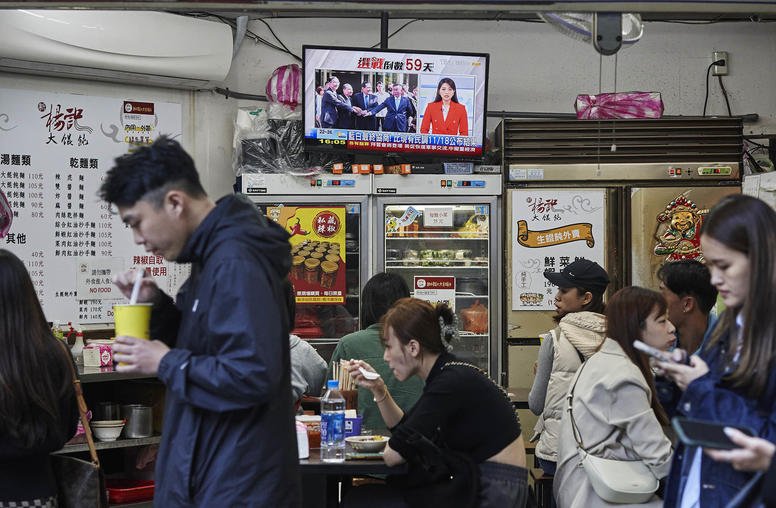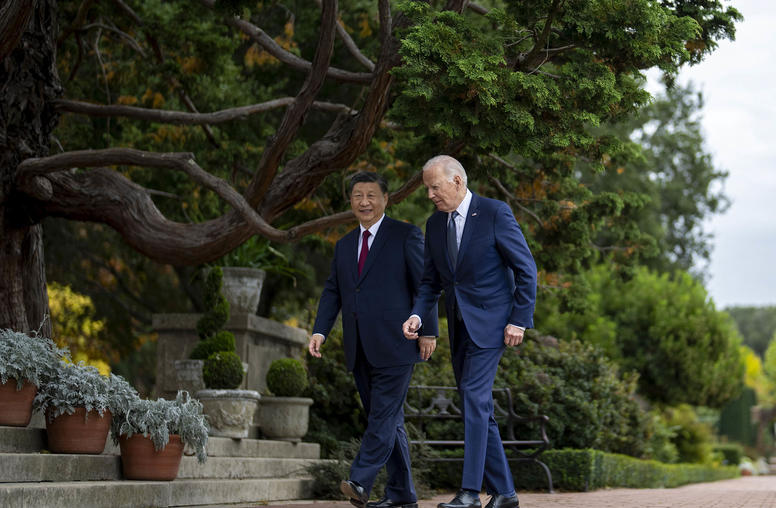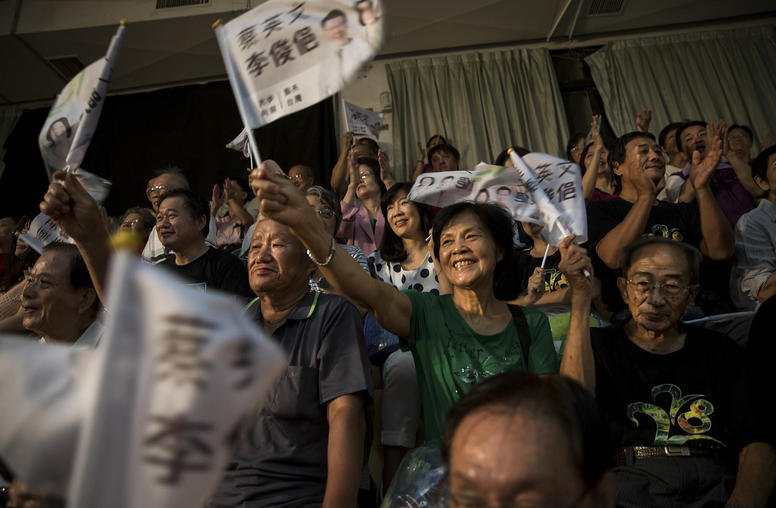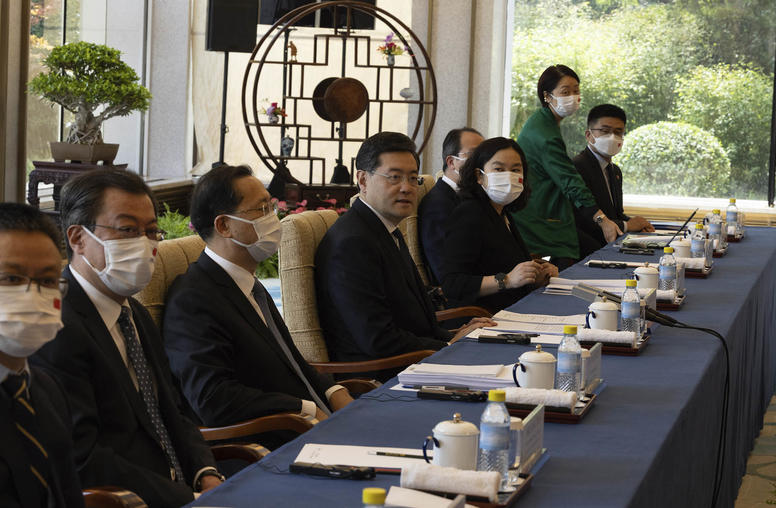Rosie Levine
Contact
Please submit all media inquiries to interviews@usip.org or call 202.429.3869.
For all other inquiries, please call 202.457.1700
Rosie Levine is a senior program analyst working on the China program at the United States Institute of Peace. She joined USIP after four years at the National Committee on U.S.-China Relations, a New York City-based non-profit. In this role, Levine was responsible for the Public Intellectuals Program where she designed and implemented programs for a network of leading China scholars to improve American understanding of China. She also oversaw a year-long project to survey and report on the state of American research on China. The findings from the project received mention in The Guardian, The Atlantic, The Financial Times and a dedicated episode of the Sinica podcast.
Levine lived in Beijing, China from 2014 to 2018 where she completed her master's degree in Chinese studies at the Yenching Academy of Peking University and worked in the non-profit sector. She received her bachelor’s degree in history from the University of Michigan, Ann Arbor and graduated with highest honors. Levine grew up in China, spending ages four to nine in Beijing.




